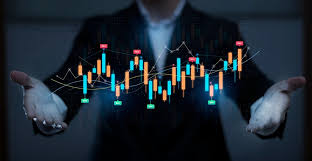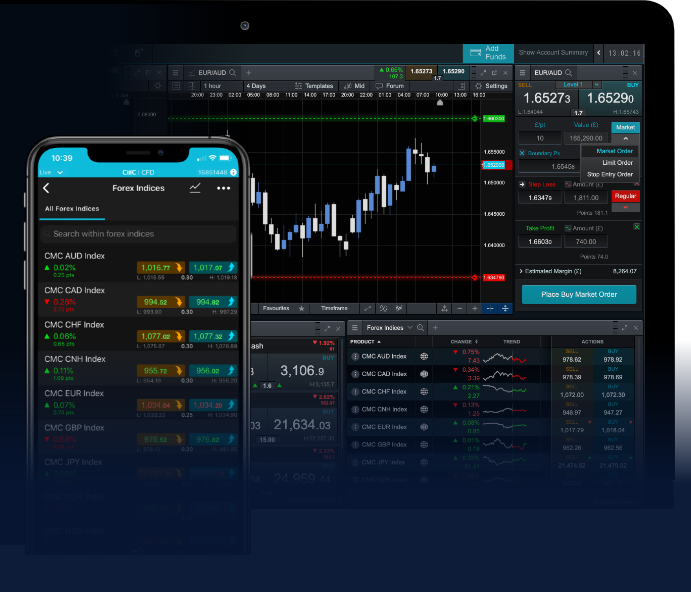
Unlocking the Secrets of Forex Trading Business
The Forex trading business is an ever-evolving realm that attracts millions of traders worldwide. Whether you are a seasoned professional or a curious beginner, understanding the intricacies of the Forex market can significantly impact your financial future. In this guide, we will explore important concepts, strategies, and platforms that define the Forex trading landscape. Additionally, for those interested in Indian trading platforms, you can learn more forex trading business Indian Trading Platforms.
Understanding Forex Trading
Forex, or foreign exchange, refers to the global marketplace where currencies are traded. Unlike centralized exchanges like the stock market, Forex operates 24 hours a day, five days a week, offering ample opportunity for traders to capitalize on price fluctuations. The market is governed by supply and demand dynamics, influenced by a myriad of factors including economic indicators, political instability, and even market sentiment.
Key Players in the Forex Market
The Forex market consists of various participants including central banks, financial institutions, corporations, and individual traders. Each of these players contributes to market dynamics in different ways. Central banks, for instance, may intervene in the market to stabilize or boost their national currency, while large financial institutions often provide liquidity through trading operations. Individual traders can either work as retail traders or manage investment portfolios for clients.
Getting Started: Choosing the Right Forex Broker
One of the critical first steps to entering the Forex trading business is selecting a reliable broker. A good broker will provide a user-friendly trading platform, robust customer service, and competitive trading conditions. Look for brokers who are regulated by recognized authorities, as this adds a layer of security to your trading activities.
Key Considerations When Choosing a Broker:

- Regulation: Ensure the broker is regulated by a credible authority.
- Trading Platforms: Look for user-friendly and technologically advanced platforms.
- Fees and Spreads: Be aware of the trading costs applicable to your trades.
- Customer Service: Good communication and support are crucial, especially for new traders.
Analyzing the Forex Market
Successful forex trading relies heavily on a trader’s ability to analyze the market. There are two main types of analysis used in Forex trading: fundamental analysis and technical analysis.
Fundamental Analysis
This type of analysis focuses on economic indicators such as interest rates, GDP growth, unemployment rates, and geopolitical events. Traders who employ fundamental analysis will look at these indicators to gauge the health of a country’s economy and make trading decisions accordingly.
Technical Analysis
Technical analysis, on the other hand, involves evaluating price charts and using various indicators to predict future price movements. Traders analyze historical data to identify trends, support and resistance levels, and other key price action elements.
Developing a Trading Strategy
Creating a solid trading strategy is vital for consistent profits in the Forex market. A trading strategy should outline your approach to entering and exiting trades, risk management techniques, and the specific indicators or analysis methods you will utilize.
Components of a Trading Strategy:

- Entry and Exit Points: Clearly define when you will open and close your trades.
- Risk Management: Set risk-to-reward ratios to avoid significant losses.
- Time Frames: Decide which time frames best suit your trading style—day trading, swing trading, or long-term trading.
Risk Management in Forex Trading
Risk management is one of the most critical aspects of successful trading. Even the most seasoned traders can encounter losses, but how you manage those losses can dramatically affect your trading career. Effective risk management strategies can help you preserve your capital and ensure that you remain in the game longer.
Effective Risk Management Techniques:
- Use Stop-Loss Orders: Always set stop-losses to limit potential losses on any single trade.
- Position Sizing: Determine how much of your capital you will risk on each individual trade.
- Diversify: Avoid putting all your capital into one currency pair; diversify across multiple trades.
Continuous Learning and Adaptation
The Forex market is dynamic, and successful traders must continuously evolve their strategies and knowledge. Keeping up with market news, understanding new economic developments, and being aware of technical indicators are crucial for long-term success.
Educational Resources:
- Online Courses: Many platforms offer Forex trading courses tailored for different experience levels.
- Trading Forums: Engaging in discussion with other traders can provide valuable insights.
- Webinars: Live sessions with professional traders can offer practical tips and strategies.
Conclusion
Embarking on a Forex trading business can be both rewarding and challenging. By understanding the fundamentals, developing a solid trading strategy, and emphasizing risk management, traders can enhance their potential for success in this dynamic and exciting market. Whether you choose to trade as a part-time endeavor or as a full-time profession, continuous learning and adaptation will be key to your journey in the Forex world.
